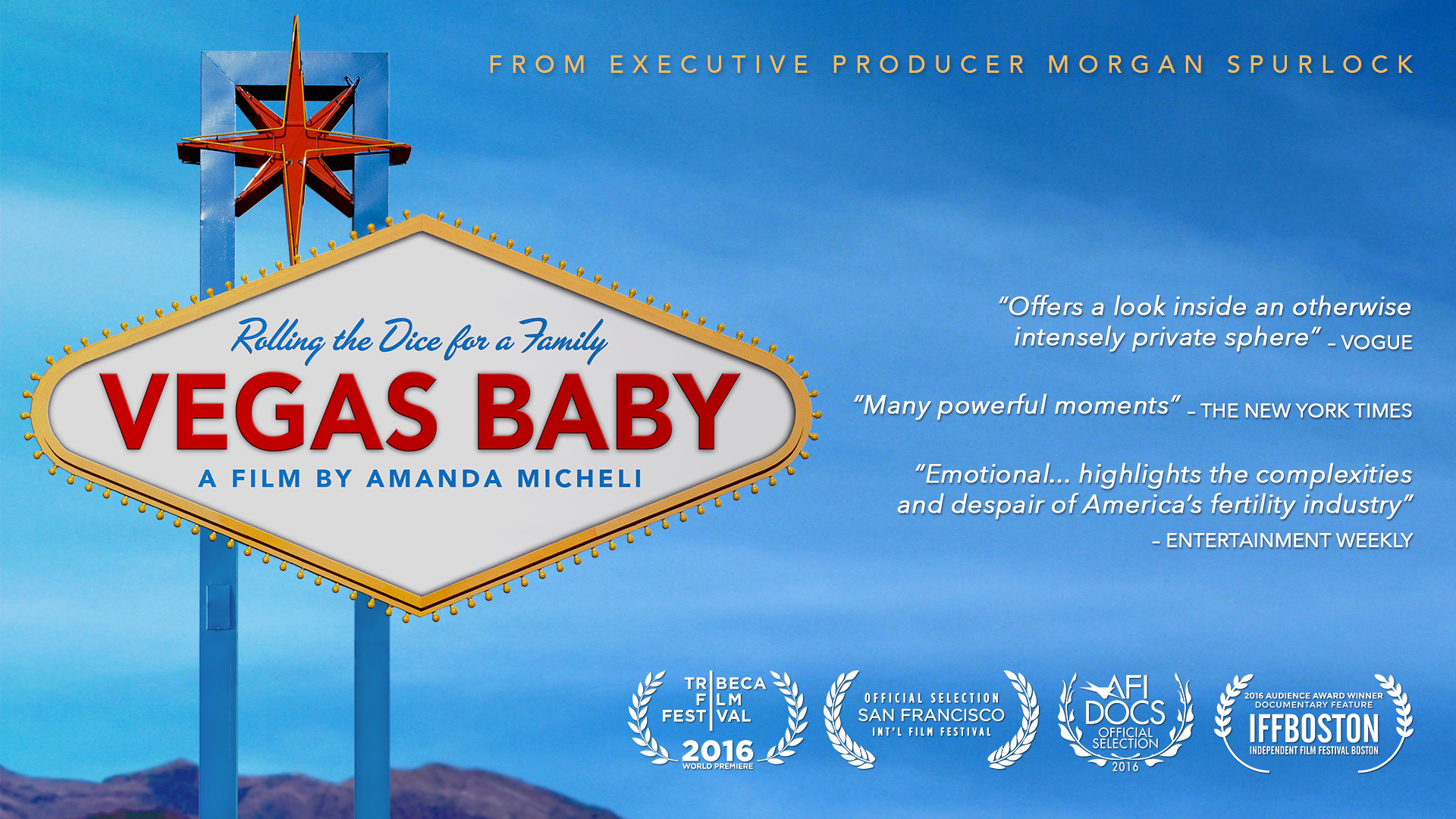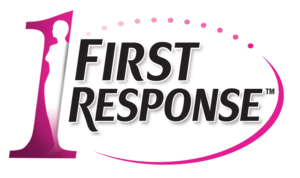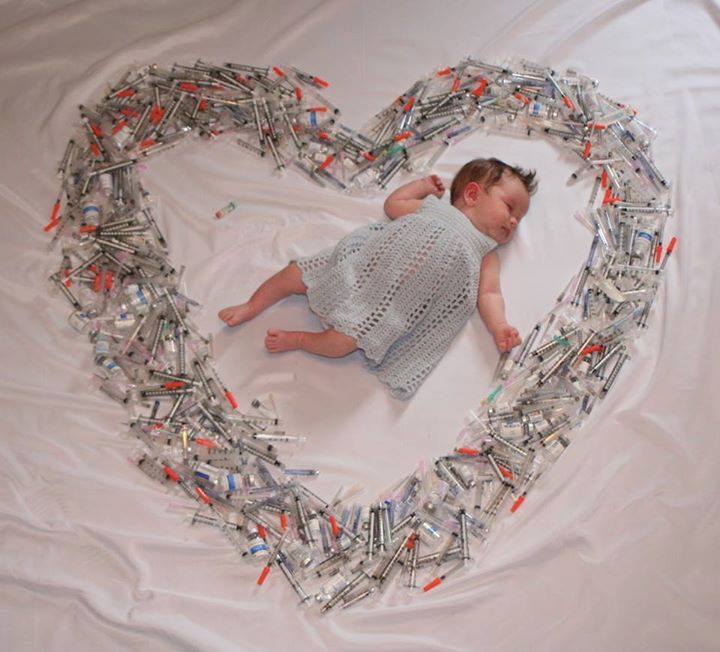Vegas Baby

Some think an in vitro fertilization contest sounds crazy, but countless Americans desperate to start a family believe this social media experiment is their only hope. Oscar-nominated director Amanda Micheli’s provocative documentary follows several aspiring parents who desperately want to have a baby but are struggling with infertility and the high cost of treatments. They place themselves in the hands of a Las Vegas doctor and his annual contest, which offers a prize of a free round of in-vitro fertilization—with no guarantee of success. Contestants post their video entries on YouTube, counting on the votes of strangers to make their dreams of parenthood come true.
Despite the fact that nearly 1 in 6 couples worldwide are unable to naturally conceive and carry a baby to term, for fear of judgment or heartache or both, infertility stories are largely kept secret. While exposing private pain online to win a contest is a brutal proposition, IVF is rarely covered by insurance in the U.S., so many infertile couples consider this a gamble worth taking. Through this controversial contest, VEGAS BABY navigates the complexities of America’s burgeoning fertility industry and unveils the class disparity within a topic that is often clouded by judgment and stereotypes. Micheli explores universal themes of desire and loss through her intimate portrait of the diverse individuals – from a devoutly Catholic Latino couple in Texas to a lesbian Lady Gaga Impersonator in New York – determined to have a baby against all odds.
Director’s Statement
Should we choose to use it, the ability to procreate seems a given – until it’s not. Over the last five years, my husband and I have struggled with our own infertility issues, during which he was diagnosed with testicular cancer. I was shocked by my ignorance about my own fertility, and bowled over by the financial and emotional costs of treatment.
I certainly spent most of my adult life trying to not get pregnant, and in the feminist circles within which I proudly live and work, infertility is rarely on the menu of problems to solve. While many other developed countries consider infertility a legitimate medical condition and offer some level of coverage for it, treatment in the U.S. is the most expensive and least regulated in the world. As the technology advances at a breakneck pace, debates about reproductive medicine – the ethical boundaries, who should have access to it, who should pay for it – are exploding across the developed world.
California, like the majority of the United States, does not mandate infertility health care coverage, even for cancer patients, so our costs were 100 percent out of pocket. It felt like the doctor took over our bedroom and our savings account all at once, and it put an incredible strain on our marriage. Thankfully, my husband’s cancer was treatable, and is in remission. I wish I could say the same about our infertility.
It was in researching possible solutions to my own situation that I came across Dr. Sher’s contest. This competition struck me as a perfectly absurd distillation of the overwhelming world of reproductive medicine in which I found myself. The contest is a provocative narrative device that allowed me to follow a diverse group of people from across the country on an intense emotional journey.
The family-building options for these people like us are either reproductive medicine or adoption, both of which can be financially daunting and emotionally harrowing. And because reproductive medicine is dominated by for-profit clinics reliant on marketing rather than insurance contracts, those who choose this path are often left feeling particularly vulnerable. To make matters worse, the lack of awareness about infertility often leaves patients feeling misunderstood and alone.
While I can’t control my fertility, I can use my skills as a filmmaker to try to give voice to the 1 in 6 — straight, gay, coupled, or going it alone — who struggle with infertility in isolation. By humanizing their stories, my goal is to break the silence around this medical and social issue and ignite a conversation about the flipside of reproductive choice: the choice to have a child.
-Amanda Micheli, Director


First Response has generously come on board as corporate underwriter for the PBS broadcast of VEGAS BABY. For over 30 years, First Response has been a pioneer of women’s health, offering pregnancy and ovulation tests for women, no matter what path they are on. They are also proud supporters of RESOLVE: The National Infertility Association.
RESOLVE creates a community of support for people living with infertility and works to ensure all family building options are available to anyone who needs them. For information on free local support groups and how you can get involved and help, visit resolve.org


